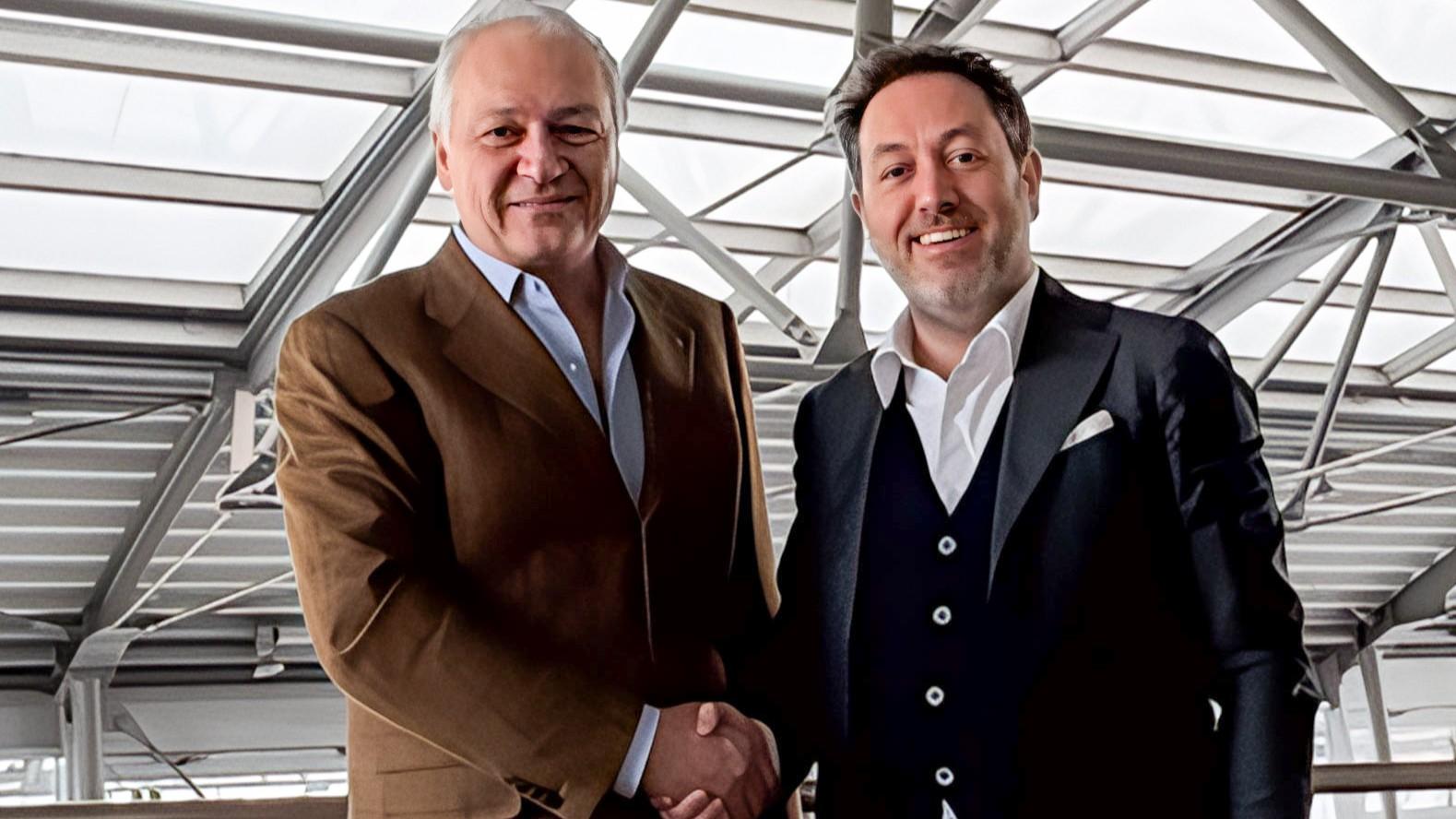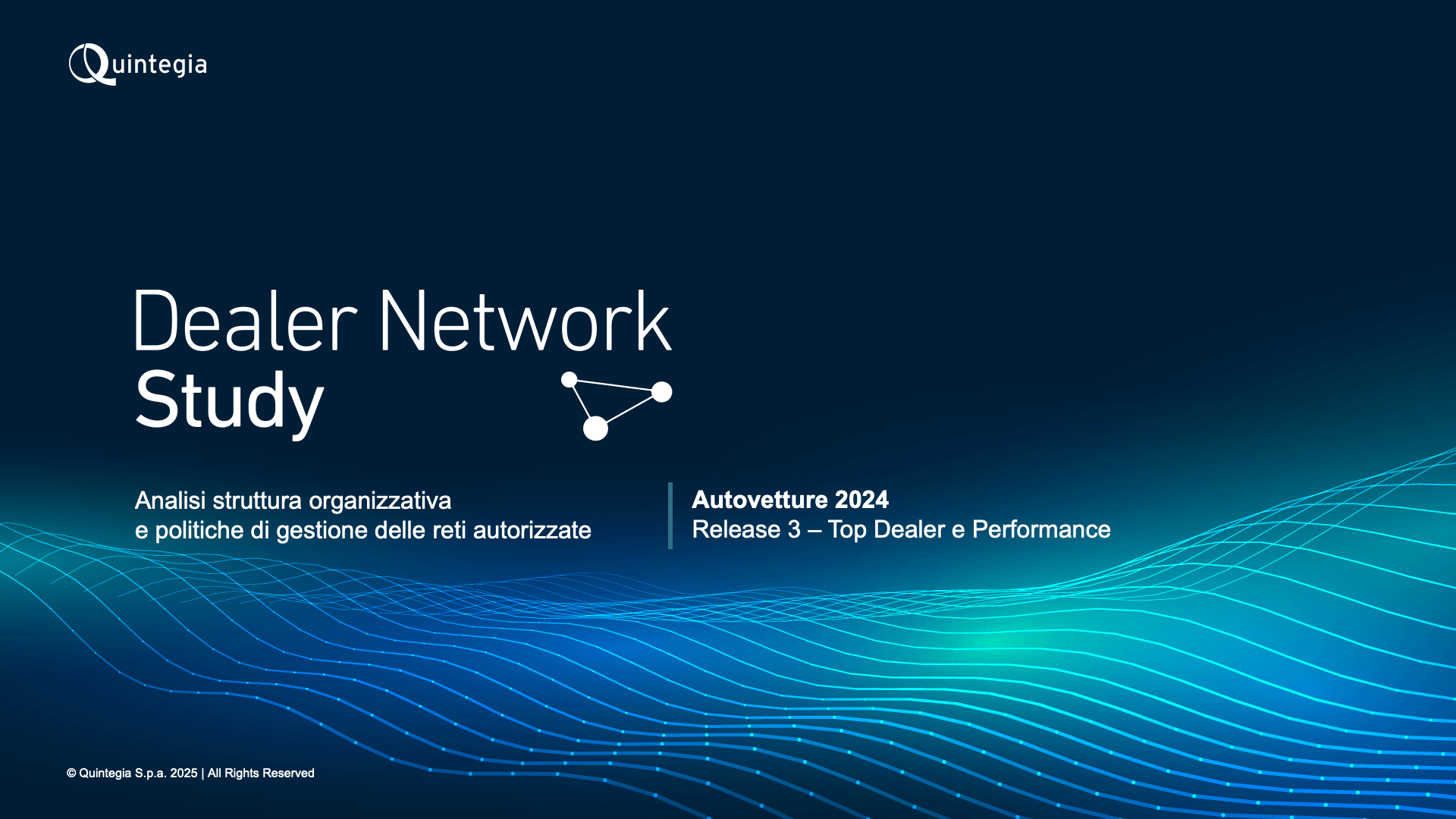The automotive sector has always been in constant change, evolving with new technologies, consumer needs, and geopolitical shifts. However, recently, the market has seen particularly notable developments, especially in the electric car sector.
According to recent ACEA analyses, in June, battery electric vehicle sales surpassed diesel car sales for the first time. An impressive result that underscores a trend: the growing presence of Chinese brands and vehicles in the European electric vehicle (EV) market.
Quintegia’s “New Brands Observatory 2023” report revealed that, in the last three years, 13 Chinese brands have entered the European market. With another seven expected in 2023/2024, it is evident that the Chinese automotive industry is seeking to significantly establish itself in Europe.
However, China’s challenge is not limited to vehicle production and marketing. It extends to the entire value chain, from mining to components, to production, and to charging networks*. The Chinese vision is clear: to play a leading role in the entire electric car ecosystem.
From a consumer perspective, the data is equally revealing. According to the Automotive Customer Study 2023, Quintegia’s study that analyzes automotive consumer behaviors, attitudes, and expectations,nearly half of potential new car customers are willing to consider products from new entrant brands. And this percentage jumps to 89% for “Generation Z,”a demographic segment that prioritizes technological innovation over price.
These changes are not only affecting consumers. Car dealers are also taking notice: 45% of Italian dealers are considering the idea of adding new emerging brands to their portfolio.
However, while we witness these revolutionary changes, it is essential not to reduce the issue to a simple debate over tariffs on imported Chinese vehicles. China is not only one of the world’s major automotive markets but also a crucial center of production and innovation.
Indeed, the front of manufacturers is already splitting on this European initiative; for example, Mercedes-Benz CEO Ola Källenius, in an interview with Bloomberg Television in New York, opposed the EU investigation into imported Chinese EVs. There are many implications. Not only the protection of free trade and safeguarding of supply chains but also worsening trade balances between the countries involved and significant Chinese ownership stakes in the capitalization of the same European manufacturers.
So, how should we respond to these developments? A balanced approach that considers both the history of the relationship between European brands and customers, as well as current and future dynamics, is essential. It is crucial to avoid protectionism for its own sake and instead support the market through well-considered long-term strategies.
Political and institutional interlocutors have the responsibility to make decisions and implement plans that take into account this new reality, while ensuring the competitiveness and innovation of the European automotive market.
* China represents 75% of the global battery production capacity and in 2022, the country installed 800,000 electric vehicle charging points, almost as much as the total installed elsewhere globally since the start of investments in charging infrastructure.”








